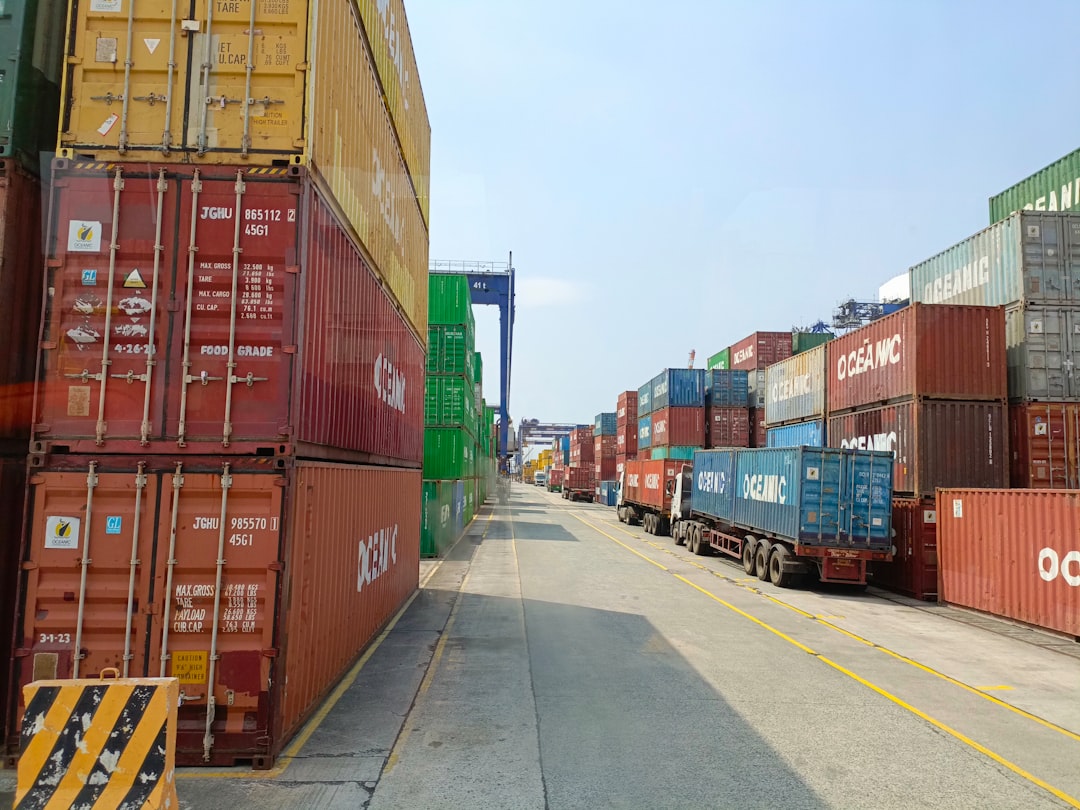No products in the cart.
AI’s Transformative Role in Logistics Careers
Artificial intelligence is revolutionizing logistics, optimizing roles and reshaping the job landscape. Explore its impact on the future of supply chain careers.
The logistics industry is undergoing a radical transformation driven by artificial intelligence (AI).
As global supply chains face unprecedented challenges, AI technologies are stepping in to optimize inventory management, enhance demand forecasting, and improve last-mile delivery. This shift is not just about efficiency; it’s reshaping the nature of logistics jobs and the skills required to thrive in this changing landscape.
Context of AI in Logistics
The logistics sector has always been at the forefront of innovation. From the introduction of container shipping in the 1950s to the rise of e-commerce in the 2000s, each advancement has redefined job roles. Today, with the integration of AI, the industry is poised for another significant shift.
According to a report by McKinsey, nearly 45% of activities in logistics can be automated using current technologies[1]. Companies like Amazon and DHL are already leveraging AI-driven solutions to streamline operations. This includes employing algorithms for demand forecasting, which can predict consumer purchasing patterns with remarkable accuracy, thus minimizing overstock and stockouts.
Moreover, AI is revolutionizing last-mile delivery. Startups like Gopuff and DoorDash are using AI to optimize delivery routes, ensuring that packages arrive faster and more efficiently. These innovations are not only enhancing customer satisfaction but also reducing operational costs for logistics companies.
 E-Commerce
E-CommerceThe Rise of Laminated Labels: A Sustainable Trend in Retail
The laminated labels market is experiencing a significant growth spurt driven by sustainability and digital innovation. What does this mean…
Read More →Traditional roles such as warehouse workers and truck drivers are increasingly supplemented by tech-savvy positions that require a different skill set.
The Impact on Job Roles
As AI technologies proliferate, the nature of logistics jobs is evolving. Traditional roles such as warehouse workers and truck drivers are increasingly supplemented by tech-savvy positions that require a different skill set. For instance, data analysts are becoming essential for interpreting the vast amounts of data generated by AI systems. Their insights drive strategic decisions that can lead to significant cost savings.
However, this shift raises concerns about job displacement. A study by the World Economic Forum predicts that automation could displace 85 million jobs globally by 2025, particularly in sectors like transportation and logistics[2]. While some roles will become obsolete, new opportunities will emerge, especially in AI management and maintenance.
Skills for the Future
To thrive in this AI-driven landscape, workers must adapt. Skills in data analysis, machine learning, and AI management will become increasingly important. Educational institutions and training programs are responding to this demand. For example, programs at universities like Georgia Tech and Stanford are now incorporating AI and logistics into their curricula, equipping the next generation with the tools needed for success in this evolving field[3].
 Career Advice
Career AdviceCrafting Cover Letters That Capture Recruiter Attention
Learn how to write engaging cover letters that grab recruiters' attention with personalized strategies and impactful language.
Read More →Challenges and Considerations
Despite the promise of AI, the transition is not without its challenges. There is a pressing need for companies to invest in training and reskilling their workforce. Organizations that fail to do so risk losing talent to competitors who prioritize employee development. Moreover, ethical considerations surrounding AI deployment—such as bias in algorithms and data privacy—must be addressed to foster trust and acceptance among consumers and employees alike.
Furthermore, as AI systems increasingly take over decision-making processes, the question of human oversight becomes crucial. Logistics companies must ensure that their AI applications are transparent and accountable, maintaining a balance between automation and human judgement.
Skills for the Future To thrive in this AI-driven landscape, workers must adapt.
Looking Ahead
The logistics industry stands on the brink of a new era, one defined by AI’s capabilities. While the potential for efficiency gains is immense, the workforce must be prepared for the changes that lie ahead. Companies that invest in employee training and embrace a culture of continuous learning will not only weather the storm of automation but thrive in it.
As AI continues to evolve, so too will the opportunities within the logistics sector. Embracing this transformation is not just beneficial; it’s essential for anyone looking to build a career in this dynamic field. The future of logistics is bright, driven by innovation, adaptability, and a commitment to harnessing technology for optimal performance.
 Career Advice
Career AdviceReviving Your Career: Strategies to Overcome Stagnation
Facing a career slump? Explore effective strategies like micro-goals and reframing techniques to regain your motivation and momentum.
Read More →











